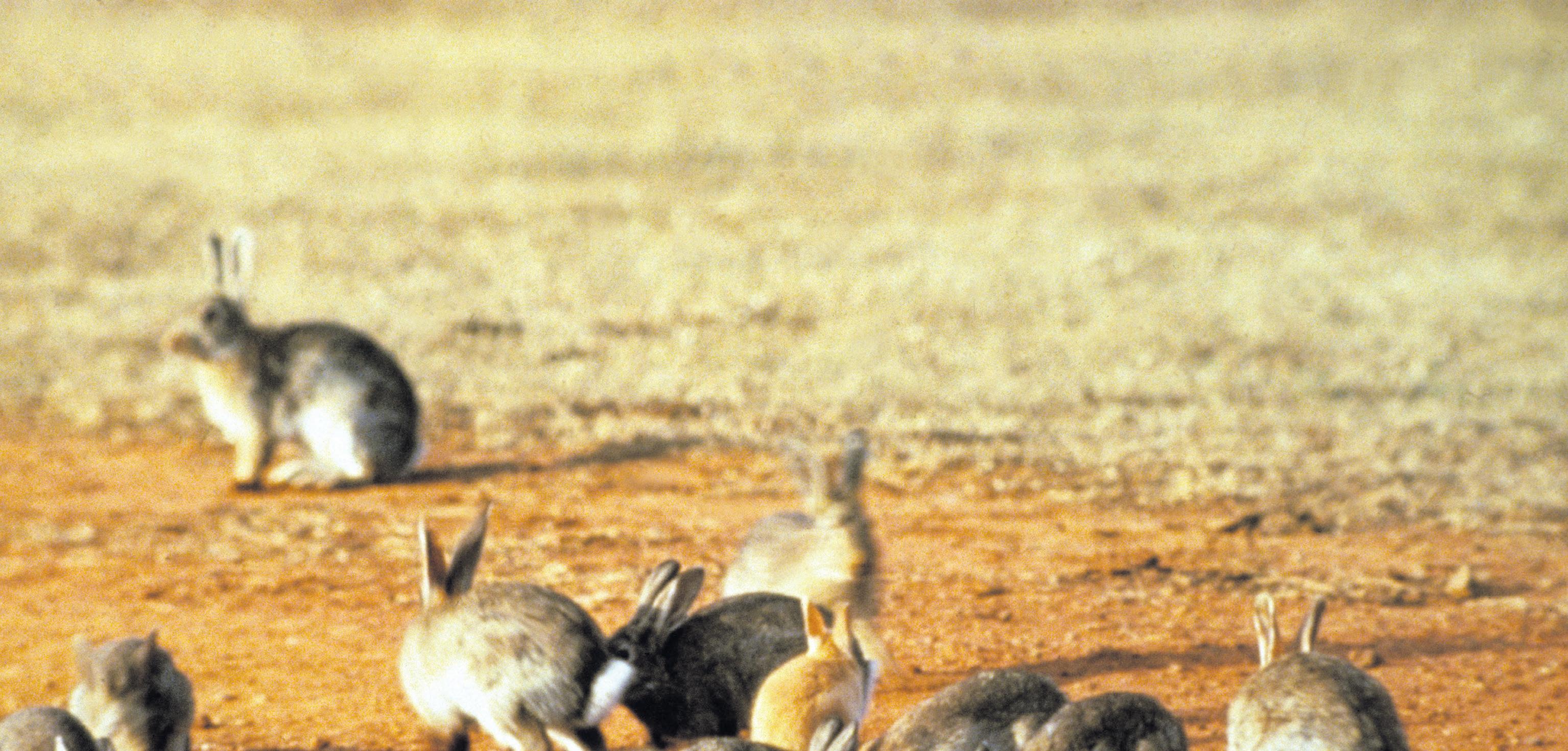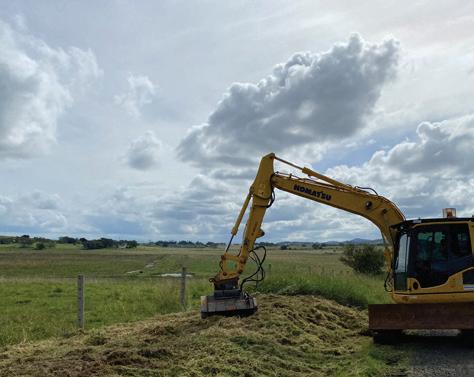
2 minute read
Empowering Citizen Scientists: Tracking Rabbit Virus for Environmental Conservation
Australia’s national science agency, CSIRO, is spearheading a ground-breaking citizen science initiative aimed at combating the detrimental impact of feral rabbits on the country’s ecosystem.
Through the longestrunning citizen science survey of rabbit diseases globally, rural and regional Australians are invited to participate in tracking the prevalence of rabbit haemorrhagic disease virus (RHDV), also known as Rabbit Calicivirus or Lagovirus.
Feral rabbits pose a signifcant threat to Australia’s biodiversity, agricultural industry, and native fauna. Their unchecked proliferation leads to intense competition with indigenous species, loss of plant biodiversity, and substantial economic losses amounting to approximately $239 million annually. To mitigate this ecological menace, RHDV serves as a biocontrol agent, specifcally targeting rabbits and hares without affecting other wildlife. Notably, vaccination options are available for domestic rabbits, ensuring their protection against the virus.
Central to this citizen science endeavour is a nine-year-long disease monitoring program facilitated by CSIRO.
Participants, equipped with free sample kits provided by the agency, are encouraged to collect tissue samples from deceased rabbits found within their localities. These samples, comprising both wild and domestic rabbits, offer invaluable insights into the circulating strains of viruses within rabbit populations.
Dr. Maria Jenckel, a CSIRO scientist, underscores the signifcance of community engagement in bolstering the breadth and depth of virus tracking efforts. Since 2015, citizen-collected samples have played a pivotal role in enhancing researchers’ understanding of RHDV prevalence across
Australia. The program’s expansion, from fewer than 30 samples annually to an average of 345 samples yearly, highlights the pivotal role of citizen science in scientifc research.
Dr. Nias Peng, a virologist at CSIRO, emphasises the transformative impact of citizen-contributed samples on research scalability and geographic coverage. By leveraging community participation, scientists can extend their surveillance efforts to previously inaccessible regions, laying the groundwork for effective biocontrol strategies. This collaborative approach not only benefts Australia’s biosecurity but also bolsters conservation efforts for native species and ecosystem health.


Sustaining such citizen science initiatives is paramount for long-term ecological preservation. Continuation of the program, supported by funding from the Australian Government, underscores the government’s commitment to environmental stewardship and wildlife conservation. With ongoing support from stakeholders, including the Australian Government Department of Agriculture, Fisheries, and Forestry, the project aims to maintain its momentum in safeguarding Australia’s delicate ecological balance.
To join the cause and request a free test kit, interested individuals can reach out to the research team at rabbitcalicivirus@ csiro.au, providing their postal address. Together, through the collective efforts of citizen scientists, researchers, and government support, Australia can take proactive steps in mitigating the impact of feral rabbits on its natural landscapes and preserving its rich biodiversity for future generations.

Flickerfest celebrates masterful Northern River’s flmmakers in Best Of Australian Shorts; & IQ inc announces 12 local fnalists for Byron All Shorts
Fresh from its 10 day Bondi event late January Flickerfest, Australia’s leading short flm festival returns to the Northern Rivers for its 27th year. The Island Quarry inc and Flickerfest will present their satellite event at










